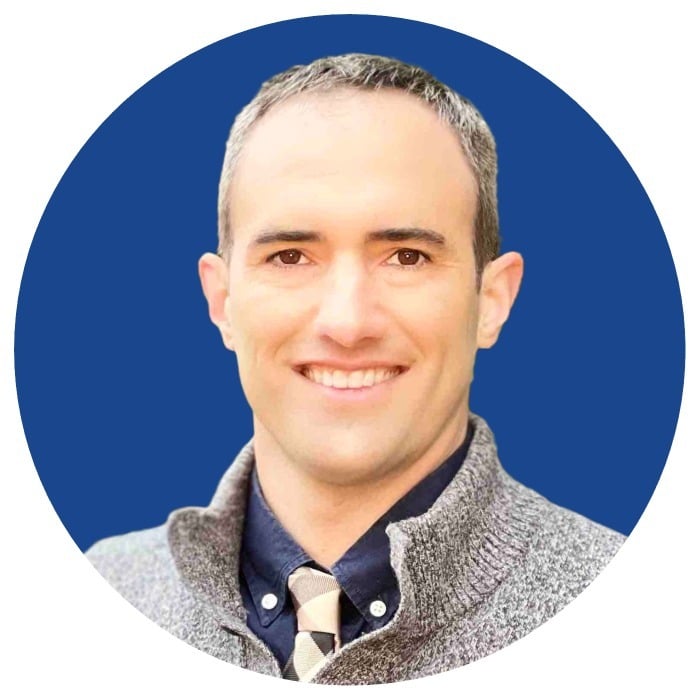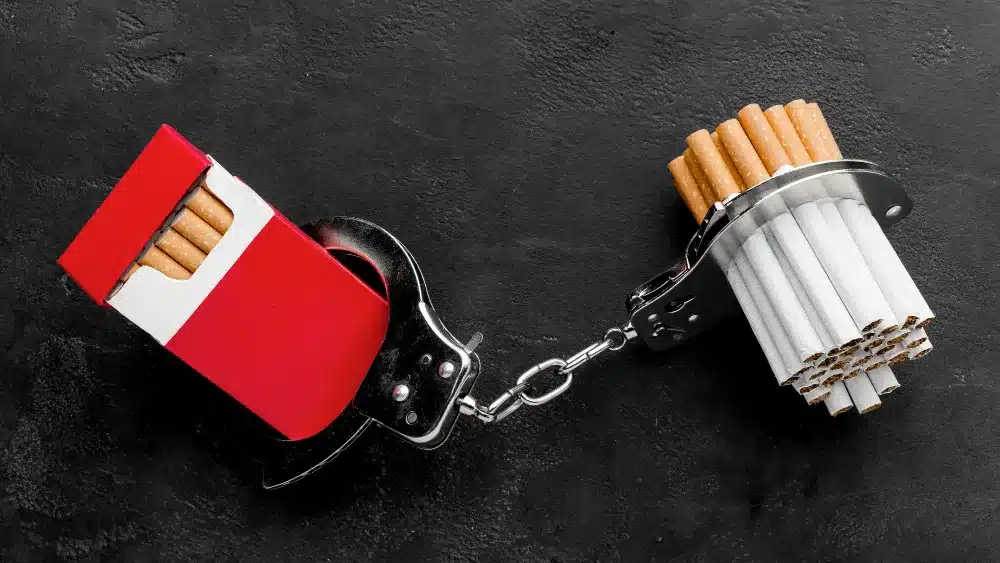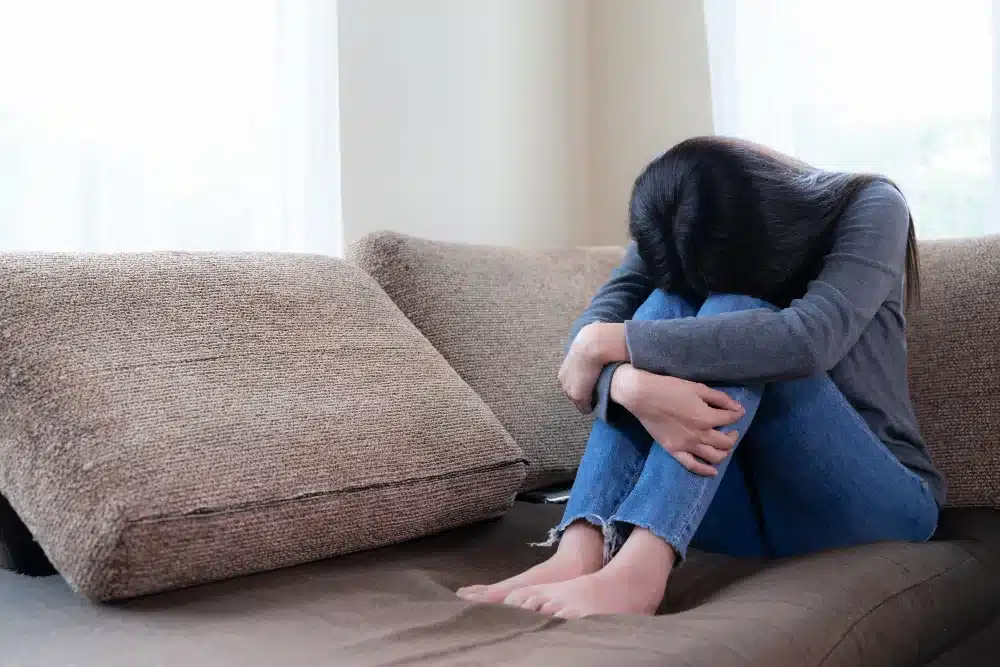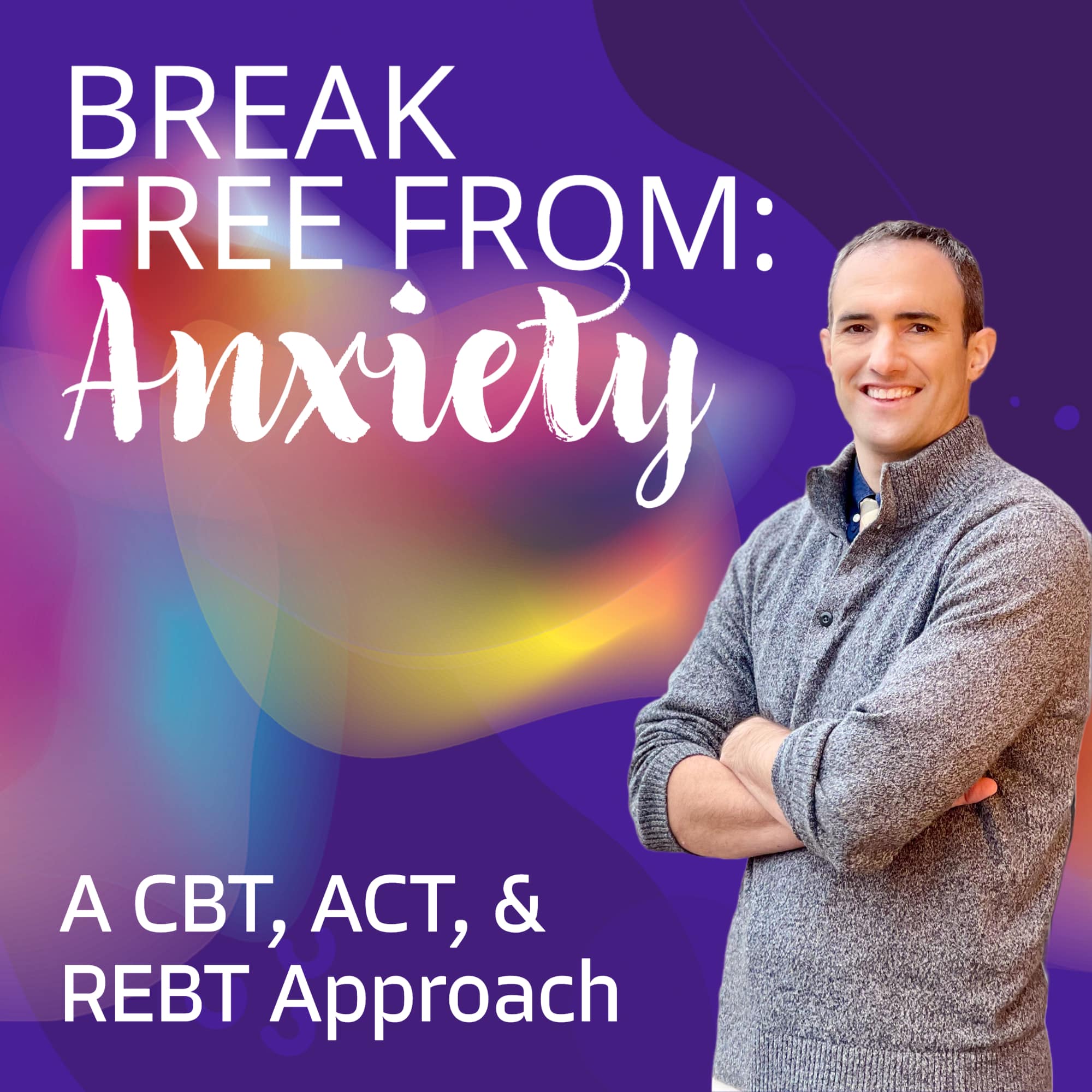How did the opioid crisis begin and what has been done to address it?
KEY TAKEAWAYS

- The opioid crisis began in the 90s due to a push to treat pain like a vital sign.
- Pharmaceutical companies began aggressive marketing campaigns.
“Among people aged 12 or older in the United States in 2019, 0.6% (or 1.6 million) had an opioid use disorder in the past year.” –Substance Abuse and Mental Health Services Administration (SAMHSA, 2020)
Who is at risk of developing problems with opioid use?
Anyone is susceptible to developing substance use problems. Likelihood of developing problematic use increases if a person has chronic pain (lasting 3 or more months), prolonged period of time taking a prescribed opioid medication, poor social support, trauma, depression, or other mental illnesses
What is an opioid?
The word “opioid” is an umbrella term for a class of drugs that includes both synthetic, semi-synthetic, and non-synthetic opioids. It is different from the term “opiate” which refers to only the non-synthetic opioids
Examples of opioids include, but are not limited to:
heroin, kratom, morphine, hydrocodone, oxycodone, Tramadol, Fentanyl, and other prescription pain relievers
When did the opioid crisis start?
Opioid use increased starting in the 1990s due to…
- There was an increased number of opioids being prescribed to patients by their doctors
- Opioids became more available and accessible to people
- It became more social acceptability for people to be using opioids for non-pain related reasons
- Pharmaceutical companies aggressively marketed opioid medications
Where is this happening?
The opioid crisis lead to significant rises in opioid misuse, addiction, and opioid-related deaths across the United States and globally. It is prevalent in both rural areas metropolitan ones
“Opioid-involved overdose deaths rose significantly from 46,802 deaths in 2018 to 49,860 in 2019” (NIH, 2021).
Why is this happening?
Opioid use produces a pleasurable experience because it impacts the part of the brain responsible for reward. Over time it the person’s body will require more of the opioid to elicit the same chemical effect which may lead to negative outcomes and possible development of a formal opioid use disorder
How to reduce risk?
- Talk to a medical professional about treatment options and risk for developing an opioid use disorder before starting an opioid
- Take opioid medications only as prescribed. Do not combine opioids with things that increase risk of overdosing (alcohol, benzodiazepine medications, additional opioids, or other sedatives)
- If you think you or someone you know may need help with an opioid use problem- get help! Talk to your doctor or call SAMHSA’s National Helpline at 1-800-662-HELP or go to SAMHSA’s Behavioral Health Treatment Services Locator
TO LEARN MORE…
Breaking Down the Stigma of Addiction: A Witness’ Story Through Art
Prescription Opioids: Even When Prescribed by a Doctor
References:
Centers for Disease Control and Prevention (CDC). (2021). Understanding the epidemic. Retrieved from Centers for Disease Control and Prevention, National Center for Injury Prevention and Control: https://www.cdc.gov/opioids/basics/epidemic.html
Mccance-Katz, E. F. (2020, September). The National Survey on Drug Use and Health: 2019. Retrieved from SAMHSA: https://www.samhsa.gov/data/sites/default/files/reports/rpt29392/Assistant-Secretary-nsduh2019_presentation/Assistant-Secretary-nsduh2019_presentation.pdf
National Institute on Drug Abuse (NIH). (2021). Opioid overdose crisis. Retrieved from National Institute on Drug Abuse: Advancing Addiction Science: https://www.drugabuse.gov/drug-topics/opioids/opioid-overdose-crisis
Substance Abuse and Mental Health Services Administration. (2020). Behavioral health barometer: United States, Volume 6: Indicators as measured through the 2019 National Survey on Drug Use and Health and the National Survey of Substance Abuse Treatment Services. Rockville, MD: Substance Abuse and Mental Health Services Administration: HHS Publication No. PEP20-07-02-001.

If you are struggling with substance or alcohol use, depression, or anxiety, intensive outpatient may be right for you. Contact us at (888) 730-5220 or contact us to begin the process of healing today!

 Bruce Bassi
Bruce Bassi





